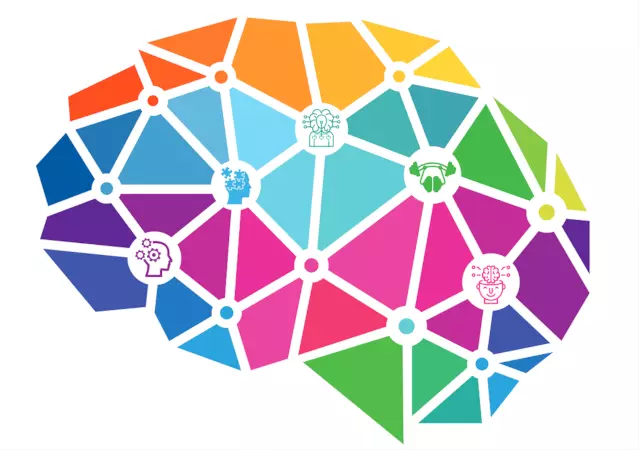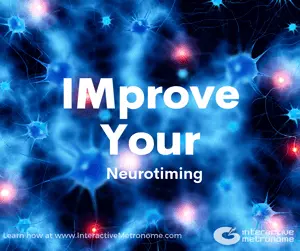Brain Connection Summer Camp
Summer is the ideal time to enroll your child in Rooted Life Montessori in anticipation for the following academic year. In doing so, your child begins a journey into the world of identifying their own connections through brain and body awareness (and the language attached to this experience), self calming strategies, growth mindset, engaging science experiments, and art expression. The children who have the opportunity to practice, refine, and instill internal regulation into their routine over the summer months launch effortlessly into the comprehensive Montessori Academic curriculum unfolding as Fall semester begins!

BRAIN EDUCATION
Learn how the brain works, how to keep it healthy, and how to help it function at its highest capacity
We practice Brain Education to provide language, conversation, and responsibility for protecting and developing the brain. Programs such as Dr. Daniel Amen’s Brain Thrive by 25, Big Life Journal, Brain demonstrations, brain songs, and ANTS give campers the opportunity to learn and explore the depths of our body’s most powerful system.
BRAIN EXERCISE
Strengthen the connection between your brain and body through neurodevelopmental exercises
Brain sequential exercises activate the brain’s pathways for learning and attention span. These exercises target the critical foundation of the child’s brain development through movement. In Motor Lab, campers experience direct-taught sequential fine and gross motor stations with movements and exercises stimulating neurodevelopment.
EMOTIONAL INTELL
Connect the head to heart and develop tools that help identify and recognize your body’s emotional state of being
We use Emotional Regulation programs including; Bellabee, Mightier, Kiddie QR, meditation apps, and yoga poses to build emotional regulation skill techniques. These tools use the fundamental principles of biofeedback (bio=body, feedback=information given back to you). We’ve accessed palatable and age-appropriate stimuli to teach your child to recognize and implement relaxation skills within their own body, through language and experience they can understand.
SENSORIAL / VISUAL ARTS
Explore the power of Art, Music, and Movement with sensory integration, building towards an interactive gallery showcase presented at the end camp
The child learns through the senses, and the Sensorial curriculum teaches the child to categorize their world by their five senses. Younger children begin integrating their sensorial experience through the Montessori didactic materials.
Older children stand ready to experience sensorial integration through the visual arts. We will explore the materials of our world to construct interactive experiences for art to exist in a physical space. Our goal for the Summer Program is to use the time we’ve spent at camp to build and present an interactive gallery at the end of the 6-week term. Through painting, prop preparation, and musical production, every camper will contribute to our showcase.
SOCIAL SKILLS DEVELOPMENT
Practice attaching Language to Emotional Intelligence with fun and engaging social demonstrations/integrations
The CHOICES program was designed to be verbal and kinesthetic, giving students multiple and varied opportunities to talk about his or her perception of a situation. The ability to walk through, act out, define, and discuss situations in a safe space allows students to gain an understanding of appropriate behaviors in social situations. We champion building a solid foundation of moral character and social competence that is generalized across your child’s social environments. Our comprehensive social values and skills program is developmentally leveled, and age-appropriate.
CAMP INFORMATION
ADDITIONAL COGNITIVE CONNECTION THERAPIES
- Attention and Concentration (ADD, ADHD)
- Anxiety
- Developmental Disorders (OCD, ODD, ASD, DCD)
- Depression

- Improve Processing Speed
- Balance and Coordination
- Working Memory
- Improve your child’s sensory processing
- Reduce impulsivity
- Academic Language Remediation
- Dyslexia and related language processing disorders
- Increase phonological awareness
- Visual and auditory processing
- Word attack, (decoding and encoding)
- Reading comprehension

